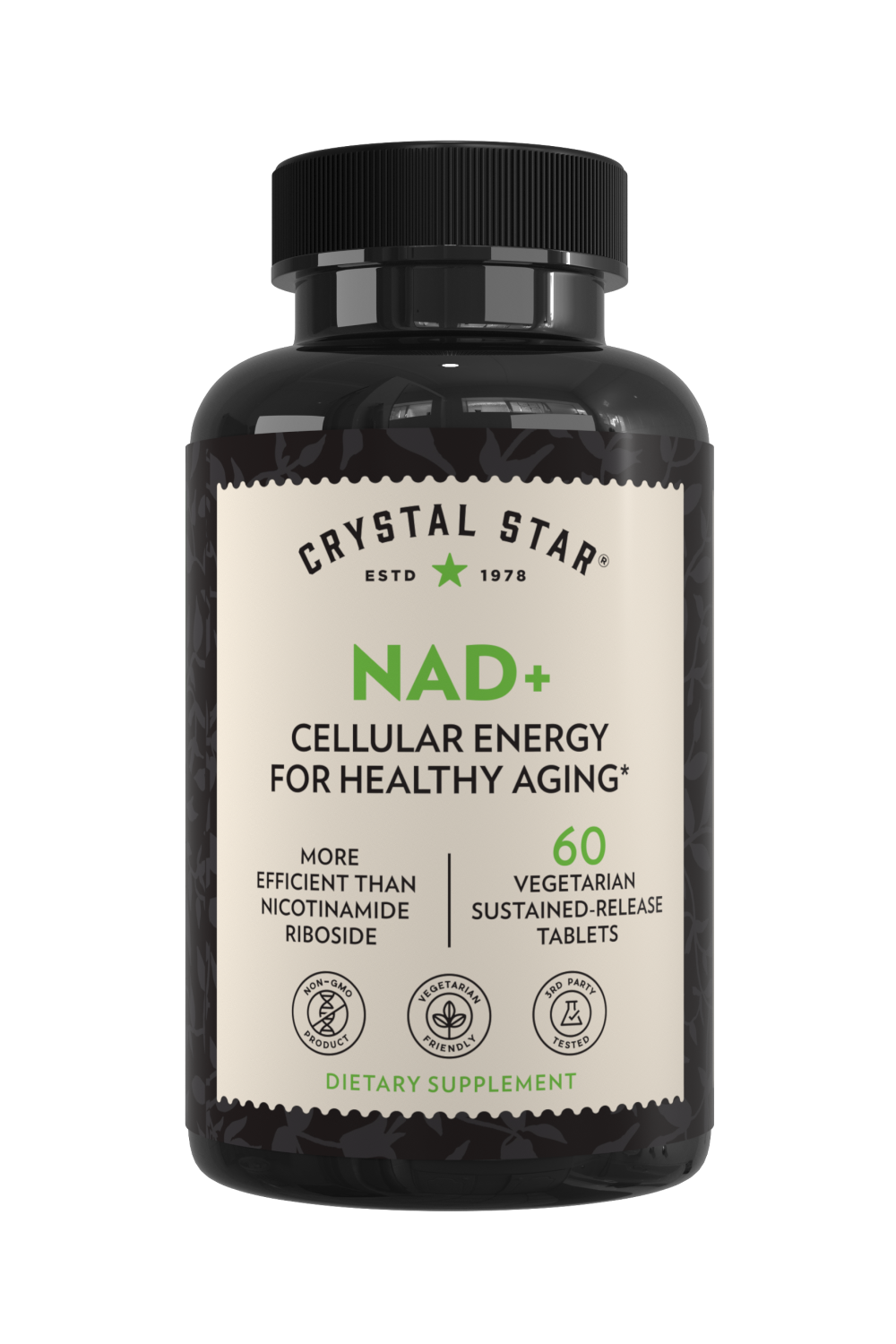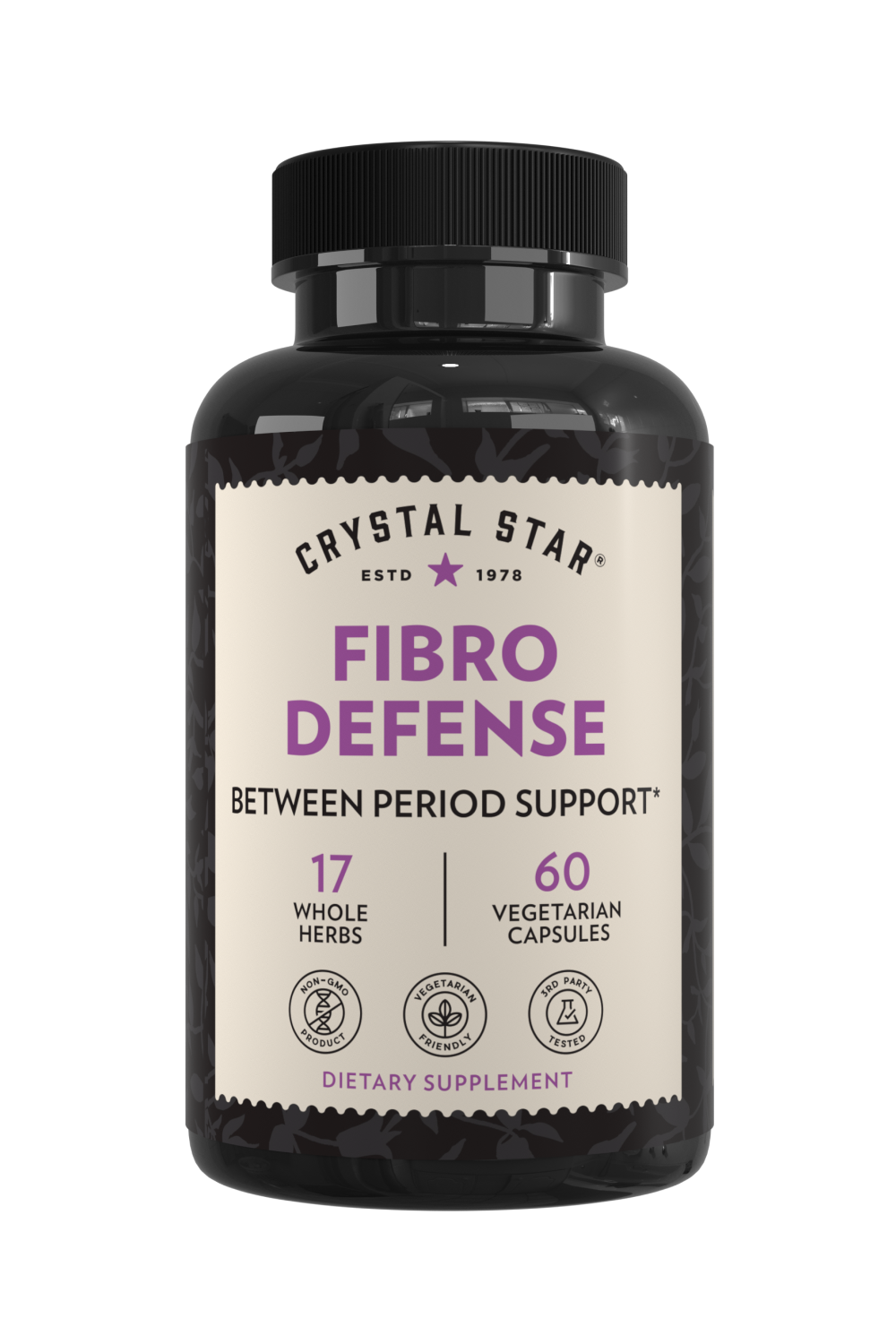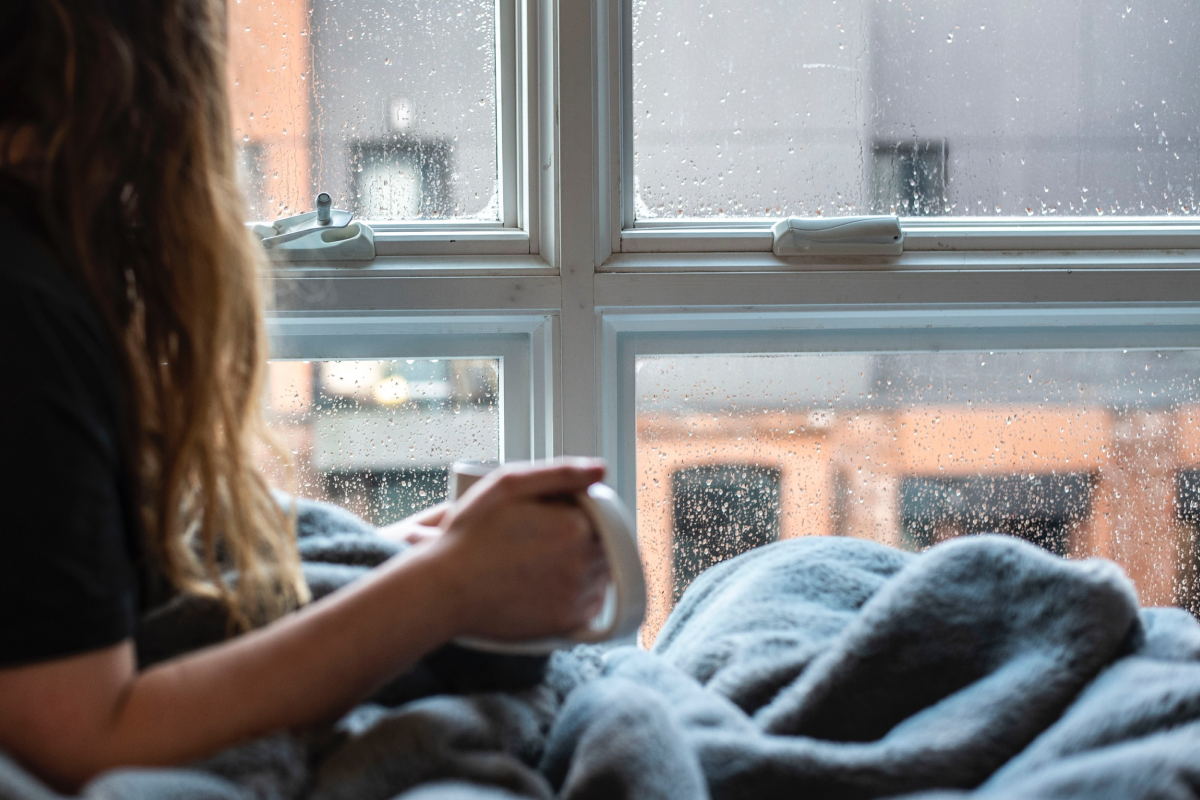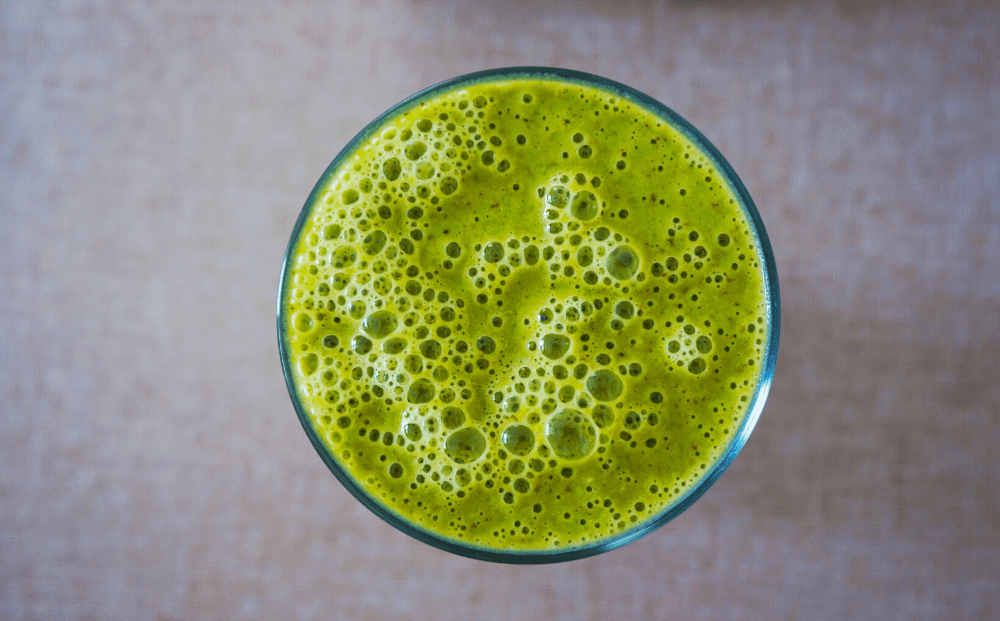
THESE ARE THE NATURAL ALLERGY REMEDIES THAT REALLY WORK
Is there such a thing as natural and effective allergy relief? A growing amount of research says yes.
If you suffer from seasonal allergies, you’re already well-familiar with the symptoms. You’ve endured irritated nasal passages, a stuffy or runny nose, and red, itchy eyes.
Commercial antihistamines grant allergy relief, but they can leave you battling side effects that include drowsiness, dry mouth, and upset stomach. These side effects are all the worse if peak allergy season has you taking antihistamines multiple times a day.
Whether you’re looking to avoid side effects or you’re simply interested in natural remedies, here’s what you need to know about how to reduce allergy symptoms naturally.
WHAT ARE SEASONAL ALLERGIES?
Allergic rhinitis refers to inflammation in the nose. (Rhinos means nose in Ancient Greek.) Also known as hay fever, an estimated 8% of Americans suffer from seasonal allergies.
An allergic reaction occurs when your immune system perceives an otherwise harmless allergen as a threat. Seasonal allergy symptoms are a result of an overactive immune response to airborne pollen.
POLLEN TYPES CHANGE WITH THE SEASONS
Your specific allergies will depend on your local climate and flora, but generally speaking there are three types of pollen, each with a different peak season.
- Tree pollen: highest in spring.
- Grass pollen: late spring to summer.
- Weed pollen: late summer through autumn.
Among the worst offenders is ragweed, which is the cause of up to 50% of allergic rhinitis in America. Ragweed season can start as early as mid-July and peaks in early September.
CAN HERBAL REMEDIES AND NATURAL ANTIHISTAMINES PROVIDE ALLERGY RELIEF?
Are there effective herbal alternatives to over-the-counter antihistamines?
Yes, there are. A variety of herbal and natural remedies combat allergy symptoms and are backed by science, although research is still growing in this area.
The NIH discounts natural products due to a lack of exhaustive research. Yet there are a large number of individual studies that have found real benefits of natural alternatives.
IS THERE SCIENTIFIC EVIDENCE FOR NATURAL ALLERGY TREATMENTS?
Just a few of the research studies that explain the benefits of natural allergy remedies include:
Extracts of various herbs have been shown to help with allergy symptoms. A review of 72 articles performed in 2016 found echinacea, eucalyptus, petasites hybridus, pelargonium sidoides, rosemary, spirulina, and thyme to outperform a placebo in treating allergic rhinitis.
Butterbur extract, often used to treat migraines, is another promising herbal supplement. A 2002 study from the British Medical Journal found that butterbur was similarly effective to cetirizine (commercially sold as Zyrtec) while not causing drowsiness.
Diet can also play a role. Quercetin is a plant pigment found in many plants and foods, including onions, tea, broccoli, fruits, and wine. Quercetin is known for its antioxidant activity and anti-allergic properties.
Other studies have examined the benefits of Nigella sativa, herbs used in Korean traditional medicine, and more. While there is currently no one single answer for the best natural allergy remedy, the available evidence points to the viability of a variety of holistic practices.
OTHER NATURAL ALLERGY TREATMENTS
Natural treatment for seasonal allergies goes beyond medication and supplements. There are evidence-backed tips and treatments that can help you breathe easy during allergy season.
DO ALLERGY SHOTS HELP SEASONAL ALLERGIES?
Also known as allergen immunotherapy, allergy shots are a long-term treatment that work like a vaccine. Allergy shots contain a tiny amount of the allergen itself, making them a natural remedy.
The same science behind allergy shots also holds for sublingual immunotherapy—taking a concentrated amount of the allergen under the tongue—which studies show to be effective.
Both treatments are a commitment. Allergy shots involve a build-up schedule of one or two appointments a week for 3-6 months, followed by maintenance shots every two to four weeks, continued for 3 to 5 years.
Sublingual immunotherapy requires an initial appointment with an allergist, but tablets can then be taken at home. Tablets are taken multiple times a week—up to daily—for 3 to 5 years. Currently, the FDA has only approved sublingual tablets for allergies to ragweed, grass pollen, and dust mites.
DOES ACUPUNCTURE WORK FOR ALLERGIES?
Another treatment involving needles is acupuncture. A 2015 review of 13 studies following 2,365 participants found acupuncture to significantly reduce nasal symptoms and concluded it to be a safe and valid treatment for allergic rhinitis patients.
How acupuncture works for seasonal allergies is still being studied. Researchers will sometimes test acupuncture against a “sham” treatment. In acupuncture, small needles are inserted just under the skin at specific points of the body. In sham acupuncture, these needles are instead inserted at non-specific, non-meaningful points.
A German study from 2013 found that patients receiving both real acupuncture and sham acupuncture suffered fewer allergy symptoms compared to a control group. Real acupuncture was slightly more effective than the sham treatment, but that the sham treatment worked at all may suggest a placebo effect.
However, a study from 2016 on dust mite allergy found that only real acupuncture significantly reduced immunoglobulin E, an antibody produced by the immune system, while sham acupuncture did not. In other words: real acupuncture decreased the body’s overactive immune response, which is what we experience as an allergic reaction.
WHICH PROBIOTICS ARE BEST FOR ALLERGIES?
Probiotics are typically taken to promote digestive health. Additionally, a 2015 review of 23 studies following 1,919 patients found that when it came to treating allergic rhinitis, taking a probiotic supplement provided a benefit in 17 studies but had no benefit in 6 studies.
You should keep in mind that only certain types of probiotics have been found to be effective against hay fever, and that research in this area is ongoing. A University of Florida study from 2017 found a probiotic combination of Lactobacillus gasseri KS-13, Bifidobacterium bifidum G9-1, and Bifidobacterium longum MM-2 to be effective. These work in the body by increasing the percentage of regulatory T-cells, which induce tolerance to allergens.
SHOULD YOU USE A NETI POT?
How do you use a neti pot? This question may have kept you away from reaping the benefits of nasal irrigation. But using one may be simpler than you think.
Neti pots look like small teapots. Using a saline solution (made only with distilled or sterile water), gently insert the spout into one nostril, turn your head at an angle, and tip the pot so that the solution runs through your nose and leaves through your other nostril. Empty the pot and repeat on the other nostril.
You may have heard about neti pot use leading to infection of Naegleria fowleri , the “brain eating” amoeba. This organism has been found in warm freshwater sources and rarely in tap water. In American from 1962 through 2018 there were a total of 145 infections. The majority of infections occurred after swimming in warm lakes and rivers in the Southern U.S., but in 2011 there were two deaths in Louisiana due to the presence of Naegleria fowleri in tap water used for neti pots.
Although cases of Naegleria fowleri are exceedingly rare, there are still precautions you should take for safety and peace of mind. The FDA recommends using water that is distilled, sterile, or has been previously boiled. Tap water can be dangerous because it may be contaminated with microorganisms that are harmless to swallow but can infect nasal passages and the brain. If you’re nervous about keeping the neti pot sterile and safe for use, you can also use pre-mixed, sterile saline irrigation.
DOES EATING LOCAL HONEY HELP WITH ALLERGIES?
Studies have shown that bee pollen has antioxidant and antimicrobial properties. Some say that consuming bee pollen or local honey can help acclimate your body to local flora, but there is not yet research confirming that they help combat seasonal allergies.
DO ALLERGIES GET WORSE WITH EXPOSURE?
Natural remedies are a great way to alleviate symptoms after exposure to allergens, but you can also limit reactions by avoiding contact with pollen. Some prudent measures to try include:
- shower and wash your hair after spending time outside
- remove and wash clothing that’s been worn outside
- use an air purifier and dehumidifier
- use a vacuum machine with a HEPA filter
- avoid peak pollen time: pollen counts are higher morning and midday
HOW DO AIR FILTERS WORK?
Airborne allergens can be managed before they enter the body by filtering or purifying the air you breathe. Air filters may be found in your vacuum, car, and home ventilation system. These filters should be regularly maintained and replaced when needed. For home filtration, you may look into filters designed with allergy sufferers in mind, such as those from AllergyZone.
You can also purchase a standalone air purifier, which has been found to be effective when used in the room where you sleep.Use of a HEPA filter while sleeping has been measured to be more effective in combating allergic rhinitis than a blank filter.
WHAT IS A HEPA FILTER?
HEPA stands for high-efficiency particulate air. It is an air filtering standard. A HEPA air filter must remove 99.97% of particles that are 0.3 microns or larger in diameter. For reference, a strand of human hair is roughly 100 microns in diameter. There are 25,400 microns in one inch.
In other words, HEPA filters are simply the highest standard of air filtration.
Do you need an air purifier? While allergy sufferers may seek relief wherever they can get it, not everyone agrees that seeking out air filtration is necessary. The EPA says that while filtration can be an “effective supplement,” the best ways to improve indoor air are to remove pollutants and to ventilate with clean outdoor air.
CHOOSING A NATURAL ALLERGY RELIEF SUPPLEMENT
Many herbs are effective for hay fever, but there is no single best one. Standalone supplements such as butterbur are effective but are also used to treat migraine, fever, and general pain. You may instead want to seek a blend combining herbs that more specifically target seasonal allergies—we’ve outlined few of those below.
INGREDIENTS TO LOOK FOR IN AN HERBAL BLEND
ECHINACEA AND THYME
Both have scientific-backing to fight allergic rhinitis.
GREEN AND WHITE TEA LEAVES
Contain quercetin, which has anti-oxidant and anti-allergic properties.
MULLEIN (ALSO KNOWN AS VERBASCUM)
Is commonly used in herbal medicine due to its antioxidant and antimicrobial properties. It also has anti-inflammatory properties, which soothe irritated nasal passages.
PORIA COCOS (ALSO KNOWN AS CHINA ROOT) AND CAYENNE
These herbs also have anti-inflammatory properties.
ACEROLA CHERRY
Has been found to prevent increase in prostaglandins, which are involved in inflammation.
MARSHMALLOW ROOT
Is used to relieve irritated mucous membranes. (Its scientific plant name is althaea , which comes from the Greek word meaning “to heal.”)
LICORICE ROOT AND LOBELIA LEAF
Are used in traditional medicine to combat respiratory problems, but are best used in small amounts in professional formulas or under the guidance of an herbalist or other health care provider. It’s also a good idea to steer clear of licorice if you have high blood pressure, since it can further increase your blood pressure if used improperly.
THE BOTTOM LINE ON NATURAL ALLERGY RELIEF
Whether you’re looking to avoid side effects or you’re simply seeking natural answers, it’s good to know there are effective alternatives to seasonal allergy medication that are backed by science.
You may consider using air filters for your home, scheduling an acupuncture treatment, using a neti pot, or taking an herbal supplement. If you choose to take a supplement, be sure to talk with your trusted healthcare professional if you are pregnant or nursing, have any pre-existing medical conditions, or are taking prescription medications.
It’s an exciting time to explore natural alternatives to traditional allergy treatments. You can take heart in knowing there is a growing amount of research showing that herbal remedies are safe, and most importantly—effective.








